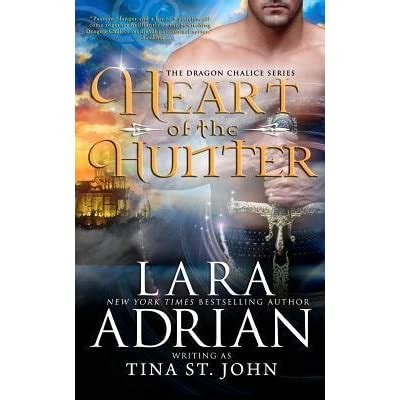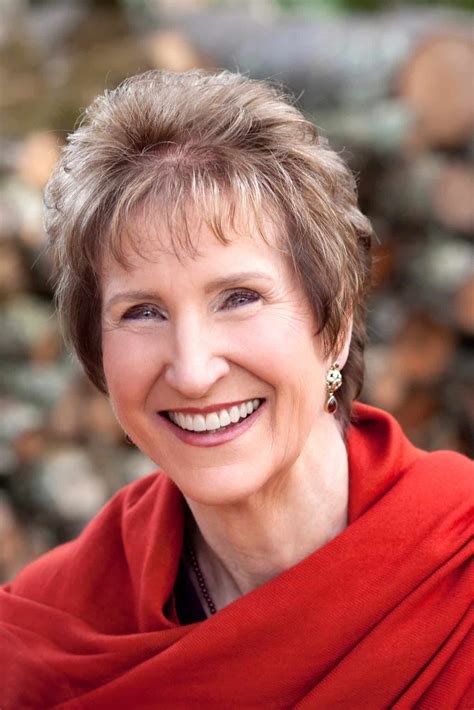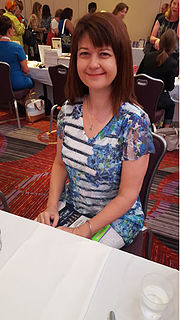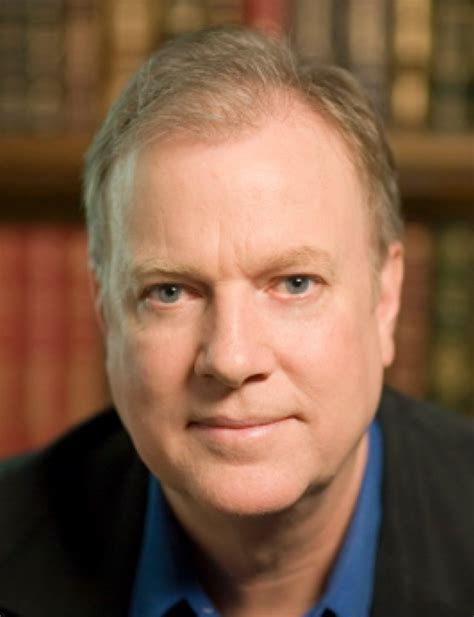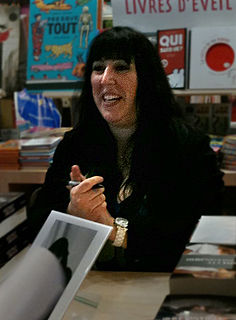A Quote by Tina St. John
My final historical romance came out December 2005. While I enjoyed writing medieval romances, I was also dying to write something with more edge.
Related Quotes
More than just romantic comedy, I like romances: drama romance, romance comedy, comedy romance. I also go to the movies to escape. There are times when you go to learn, when you go to be moved, you go to be transported, and there are really times when you go to escape. And I personally escape more happily into a romance than I do violent movies.
If you think about Don Quixote, Don Quixote is this guy who wants to live as if he was in a medieval chivalric romance, when actually he lives in sixteenth-century Spain, which is already going through secularization, industrialization, modernization. He goes out to kill a giant, and instead he collides with this huge windmill and injures himself and also damages the windmill. I think that's a metaphor for the collisions we all have over time, as our ideas of ourselves get out of synch with the historical moment.
Historical romance is still very strong in the market. Writers of historical romance are making the bestselling lists on a regular basis and careers are growing. However, since there is much more variety in romance today, the total sales of historicals might be down from their peak. The talk of the market softening is a reflection of this, and of the fact that one does not see big growth in this area of the market.
There's no really other way to learn writing than by writing. So accelerate that as much as you can. The more you write, the better you'll get. What also helps, though, is walking away from broken stuff. Not everything's going to work. Killing two years of your life trying to resuscitate a dying novel, I don't know. Why not just write a different one? You'll have more ideas. You can't help having ideas.
